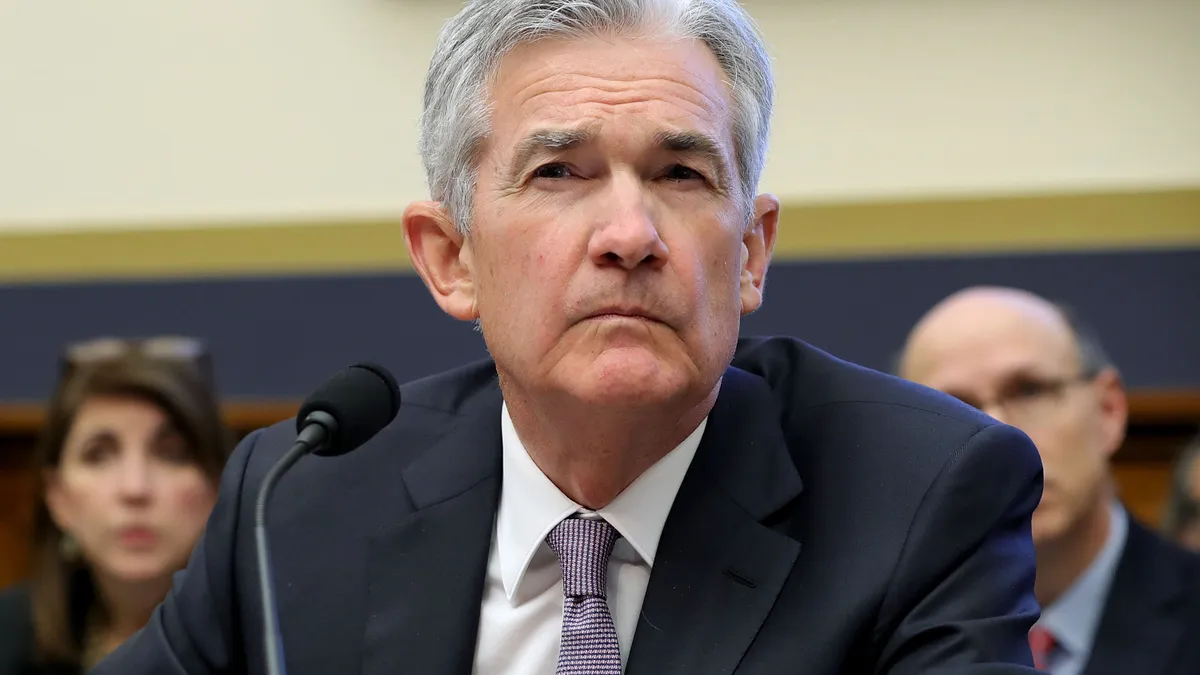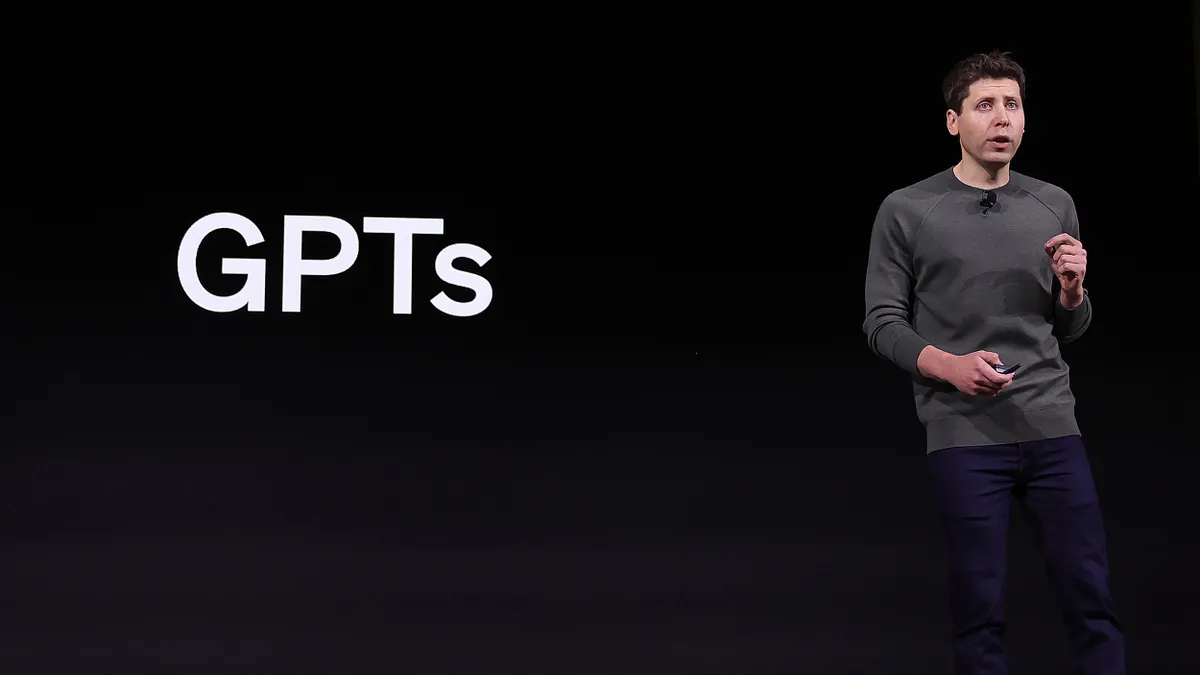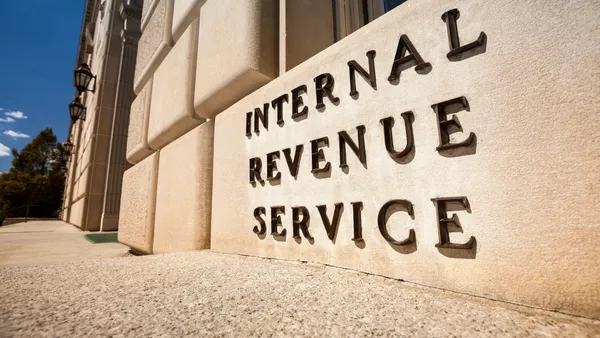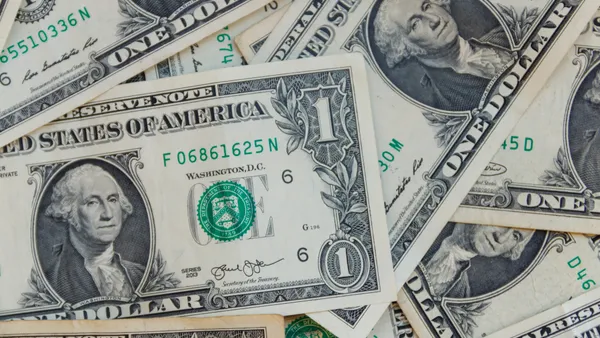In a wide-ranging, 2½-hour hearing Tuesday, Federal Reserve Chair Jerome Powell sought to reassure and update Senate Banking Committee members on the central bank’s positions regarding inflation, prospects for a Fed digital currency and an ethics scandal that may have contributed to the resignations of three high-ranking economists.
Much of the hearing centered on inflation. Powell acknowledged the Fed could raise interest rates and start to shrink its $8.8 trillion portfolio of bonds and other assets this year.
“It is really time for us to begin to move away from those emergency pandemic settings to a more normal level,” Powell said Tuesday. “We’re really just going to be moving over the course of this year to a policy that is closer to normal, but it’s a long road to normal from where we are now.”
Analysts expect Fed officials to make three or four interest rate increases in 2022. At least two Fed regional presidents — Loretta Mester in Cleveland and Raphael Bostic in Atlanta — have said an increase in March would be appropriate.
At least two Republican senators Tuesday voiced concerns the central bank is acting too slowly.
“I’m concerned that the Fed missed the boat on addressing inflation sooner,” Sen. Richard Shelby, R-AL, told Powell on Tuesday. “A lot of us are. And as a result of that, the Fed under your leadership has lost a lot of credibility.”
Sen. Pat Toomey, R-PA, the panel’s ranking member, said he worries the Fed’s monetary policy framework “has caused it to be behind the curve.”
Powell reiterated the stakes of policy decisions to counteract inflation.
“If inflation does become too persistent, if these high levels of inflation get entrenched in our economy, and in people’s thinking, then inevitably that will lead to much tighter monetary policy from us, and it could lead to a recession, and that would be bad for workers,” he said.
CBDC white paper
At the hearing, Powell tempered expectations regarding the Fed’s oft-delayed white paper on central bank digital currencies (CBDCs).
He said the paper would be released “within weeks,” adding, “it’s more going to be an exercise in asking questions and seeking input from the public, rather than taking a lot of positions on various issues … although we do take some positions.”
Powell said in May that the Fed would deliver the paper in the summer of 2021 to kick off a public conversation. In July, he estimated the report’s release at September. At a September press conference, he said the report would arrive “soon." The timeline given Tuesday appears to have moved little since Powell told a Senate hearing in November the paper would surface in “coming weeks.”
“We didn’t get it to quite where we needed to get it,” Powell said Tuesday. “But it’s effectively there now, it’s within weeks [that] we will be publishing it.”
When Toomey asked whether anything would keep a “well-regulated, privately issued stablecoin” from coexisting with a potential Fed digital dollar, Powell said “No, not at all.”
Odds for renomination
Sen. Sherrod Brown, D-OH, the panel’s chair, told Bloomberg after the hearing he expected Powell would be confirmed for a second term by roughly the same tally as he did for his first, an 84-13 vote.
“I don’t see more than a small, small handful of ‘no’ votes on the committee, and I can’t imagine there are that many on the floor,” Brown said.
Warren said as early as September she would oppose Powell’s renomination. Sixty-eight of the senators who approved Powell’s first-term nomination are still serving.












